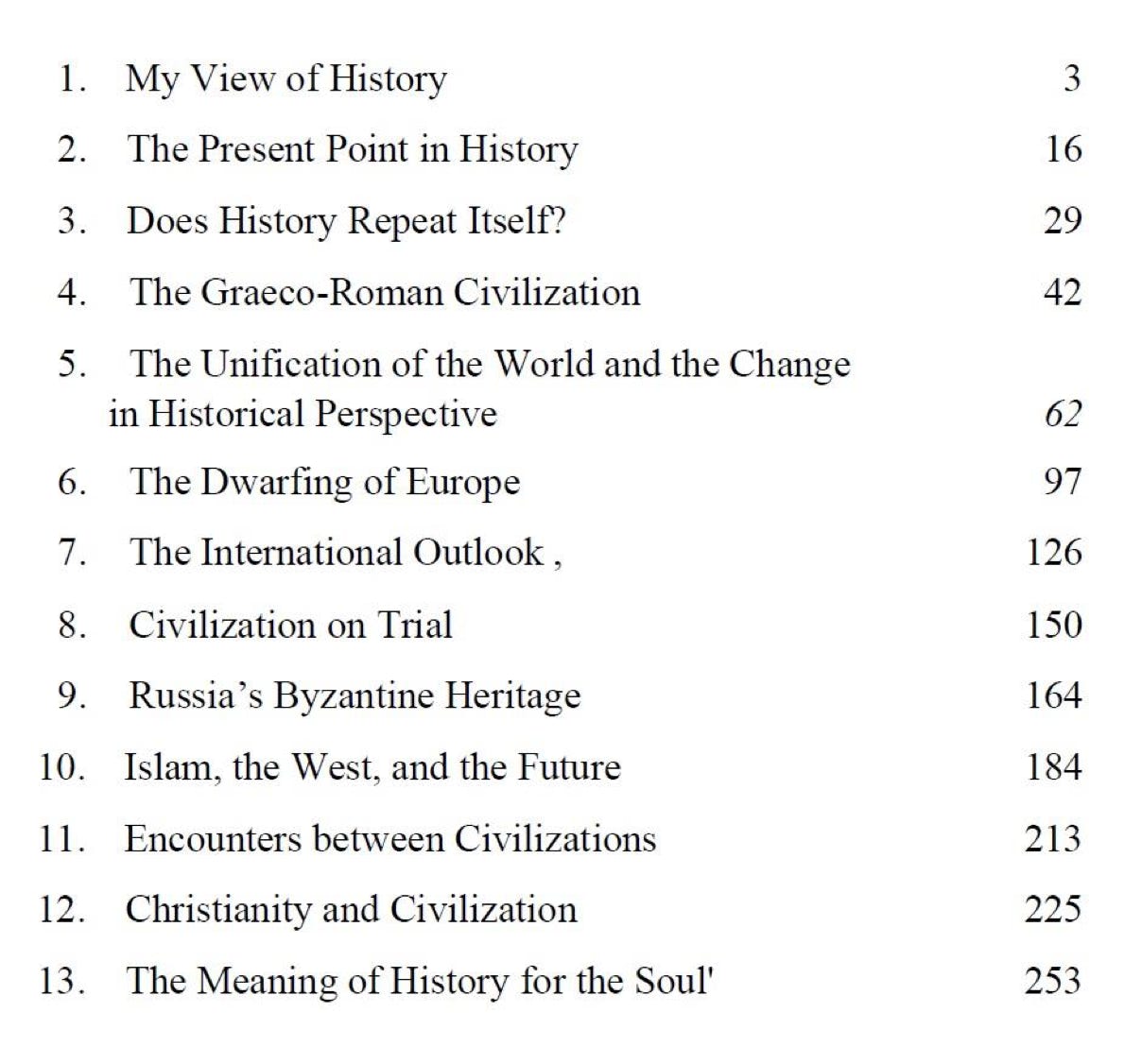
International Society for the Comparative Study of Civilizations

International Society for the Comparative Study of Civilizations


The International Society for the Comparative Study of Civilizations
Civilizational Insights for Academia, Business and Policymakers
Advocacy Themes we Support
The ISCSC: Civilizations Matter
In the ISCSC we assume civilizations matter. This means we believe systemic understanding of different civilizations yields novel, valuable prognostic insights into geopolitics, security, anthropology and other fields. We also believe civilizational identities are important part of human identity. As we witness the global dynamic of civilizational interactions and the progress of complexity science we recognize civilization theory as useful analytical lens for various actors solving practical, policy-related issues. We also recognize civilization theory as a useful framework of academic inquiry into human future.
Civilization theory – also known as comparative research on civilizations or civilizational analysis – has properly emerged in the early 20th century as a multidisciplinary branch of inquiry to reassess the dynamic of increasingly complex and interlinked world system experiencing a new wave of globalization. The early leaders of the discipline, such as the founding members of the ISCSC – sociologist Pitirim Sorokin (1889 – 1968) and historian-diplomat Arnold Toynbee (1889 – 1965) – speculated about developmental logic of civilizations based on historical records. In the pre-internet era and in the absence of big data they had to rely on speculative model building. Similar case with another notable member of the ISCSC – Samuel Huntington, whose civilizational thought influenced global leaders. However, with the advent of big data, complexity studies, network science and the methodological progress of humanities a new, data-driven perspectives are now open for civilization theory. As civilizations shift from mere knowledge acquisition to pattern recognition, the ISCSC aims to reinvigorate and popularize civilization theory to enrich and elevate civilizational discourse from speculative one to data-driven one.
One of the venues of such debate is “Comparative Civilizations Review” – a widely read (8-12K downloads per month) ISCSC journal conducing reflection on civilizational frameworks and problems, which is popular in the Ivy League universities. The ISCSC also organizes the Annual Conference since 1961, which attracts the attention of both academic and non-academic thinkers as well as public servants and policymakers. In the 21st century civilizations – framed as networked clusters of political, economic, cultural and technological interactions – keep shaping geopolitics and forming human identities. Whoever understands their logic will receive competitive advantage in foresight and public or business policymaking. Hence we are eager to welcome cooperation with entities that share our conviction that civilizations matter.
The seven advocacy themes we support include:
Comparative Civilizational Analysis | We critically develop civilization theory to elevate it as a sine qua non analytical layer in geopolitics, international relations, security and anthropology. To achieve this goal we are bound to support projects that facilitate answers to the following questions: what defines and constitutes a civilization? What are civilizational identities? What are distinctive features of civilizations and how do they influence policy making? How can “civilization” be weaponized? How to avoid bias in civilizational analysis? How to empirically measure civilization-related qualities? How to advance data-driven insight into civilizational dynamics?
Social Resilience and Survival of Civilizations | We analyze conditions necessary for a healthy civilization to thrive. Hence we seek answers to the following questions: How is social resilience understood in different civilizations? How to mitigate existential risks for the survival of civilizations? How is technological progress reshaping human identities? What psychological tenets and new institutions are needed for a healthy civilization to progress?
Western Civilization and its Values | We engage scholars, policy makers and activists who critically reflect upon cultural scripts and institutional legacies that have been shaping the Western civilization. The Western civilization – understood as a civilizational network that was historically formed in Europe and then spread to the USA and other regions – has been home to more than 1 billion people. We acknowledge both its successes and failures to ask the following questions: What is the current condition of the West? What are the existential risk it faces? Why is the idea of the West being questioned by various actors? How to reshape Western institutions to make them future-proof?
Climate Change Action | We acknowledge climate change is one of the most severe risks for world civilizations. The mitigation of global warming is a necessary collective endeavor to be performed by all civilizations in existence if they want to avoid irreparable loss of biodiversity and the collapse of wellbeing in the world. Hence we ask the following questions: Which civilizations are affected by the climate risk the most? What processes and phenomena are affected or triggered by the climate change? How do these phenomena influence inter-civilizational dynamic?
Confucian/Western Interactions | We analyze the current state of Confucian – Islamic interactions in different parts of the world and prognosticate the outcome of these interactions. We understand the Confucian civilization as Confucianism-based cluster that originated in Eastern Asia and subsequently spread and evolved and branched in different parts of the world. Currently the Confucian world is home to over 1,6 bln people. The issues we focus on: how to manage the Westernization of Confucian world and the Confucian influence on the West? How do Confucian countries implement capitalism and what are their political bets about the future of democracy and authoritarianism? What are the spaces for mutual cultural learning?
Islamic/Western Interactions | We analyze the current state of Western – Islamic interactions in different parts of the world and prognosticate the outcome of these interactions. We understand the Islamic civilization as an Islam-based cluster that originated in the Arabic Peninsula to subsequently spread over the world – from Africa to Asia and Europe. Currently the Islamic world is home to nearly 2 billion people. The problems we put to focus include: how to manage the Westernization of Islamic world and the Islamization of the West? What are the differences between the religion of Islam and the totalitarian ideology of Islamism? What are the spaces for mutual cultural learning? What are the possible societal, cultural or institutional solutions that may facilitate global peace?
Democracy, Capitalism and Civic Engagement | We assume democracy and capitalism are the building blocks capable of creating and upholding a thriving civilization. However, the question remains open whether they will constitute a shared commodity of humanity in the future. In this spirit we ask the following questions: how is democracy and capitalism implemented in different civilizations? Why do some nations remain capitalist but choose authoritarianism as its political system?
If you feel your organization would like to support one of our advocacy themes, or if you want to donate or cooperate with the ISCSC in exploring those themes please contact:
President Lynn Rhodes, lynn.rhodes@iscsc.org
Vice President Greg Lewicki, greglewicki@alumni.lse.ac.uk
Let us build stable future for civilizations together
===========================================================================

Fig. 1. The table of contents of Arnold Toynbee’s “Civilization on Trial” (1948).
The very titles of essays offer an insight into civilizational challenges and problems that the founding member of the ISCSC deemed crucial for the global post-war future in the middle of 20th century. What would be the challenges to include today?

Fig. 2. Arnold Toynbee, one of the founders of the International
Society for the Comparative Study of Civilizations in 1967.
International Society for the Comparative Study of Civilizations
© 2025 International Society for the Comparative Study of Civilizations. All rights reserved.